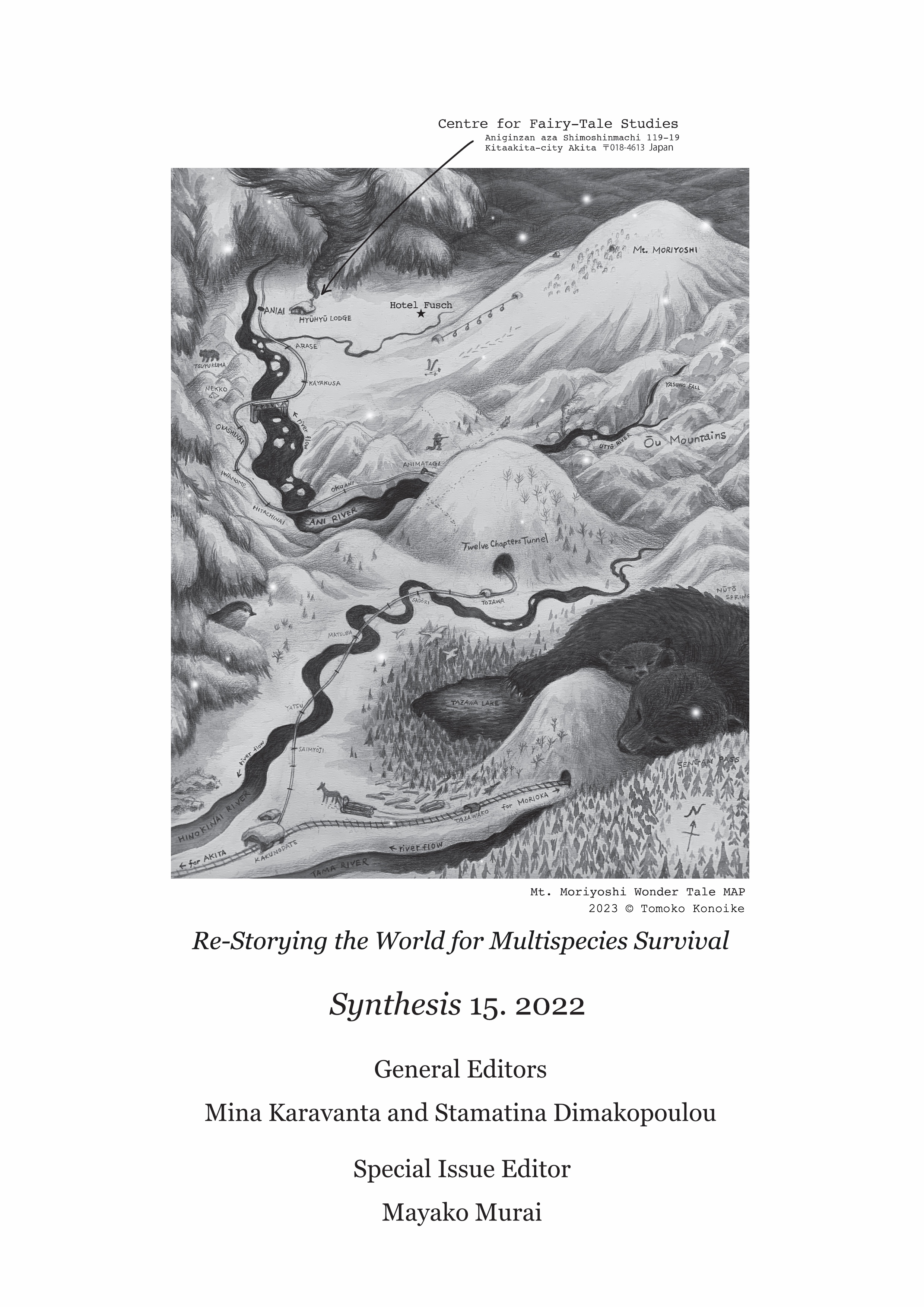Symbiosis and the Steward: Reading Human-Microbe Relationships and Restorying Convivial Futures

Abstract
The human-microbe relationship spans millennia of use, hope, and tension. And the recent discovery of microbiomes and their uncanny influence on human agency is re-storying what it means to be human in a microbial world. What if the stories we inherited about human-microbe thriving were obsolete, and what new ways of storying can we imagine with microbes? The roles we play in these stories—like that of a stewarding or partnering with microbes—can lead to certain power configurations and assumptions about control. At the same time, stories of symbiosis, or ‘living with’ microbes, can assume mutual benefit where there is none and obfuscate other configurations such as commensalism and parasitism. It seems then that our pre-existing attempts to describe the human-microbe relationship butt against stories of multispecies survival. Conviviality may be one way to re-story the human-microbe relationship as it centres eating relations without presuming humans as the only ones feasting. This essay attempts a critical reading of concepts such as symbiosis and stewardship by comparing examples from media, philosophy, and popular discourse to analyse how we imagine, represent, and live with microbes in the contemporary moment, given our entangled futures.
Article Details
- Section
- Articles

This work is licensed under a Creative Commons Attribution 4.0 International License.
The copyright for articles in this journal is retained by the author(s), with first publication rights granted to the journal. By virtue of their appearance in this open access journal, articles are free to use with proper attribution. Synthesis retains the worldwide right to reproduce, display, distribute, and use published articles in all formats and media, either separately or as part of collective works for the full term of copyright. This includes but is not limited to the right to publish articles in an issue of the Journal, copy and distribute individual reprints of the articles, authorize reproduction of articles in their entirety, and authorize reproduction and distribution of articles or abstracts thereof by means of computerized retrieval systems.



